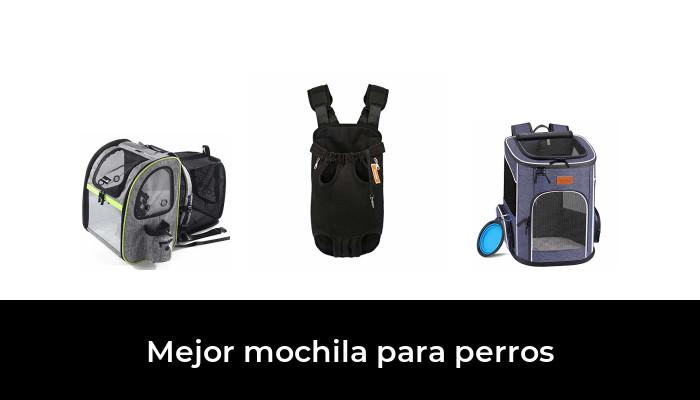Jewish, Hungarian, Madrilenian and survivor of the holocaust
This is a story like a tureen. A fragile object from 1939, made with the best Hungarian porcelain, which traveled from there to Tangier and Madrid. An easy utensil to break, but which symbolizes care, struggle, persistence despite flight. A piece like its current owner, Eva Leitman-Bohrer; a 77-year-old Jewish survivor of the holocaust, who found her salvation in Spain.
Her living room, which was once her parents' house, is a space with sober wooden furniture, among which there used to be a closet where they hid all the papers. She, the heiress, spreads them without hesitation on the table, she has them classified and ordered. “They never talked about it even if I asked. To protect us, they did not want to burden us with that backpack of bitterness and suffering », she recalls.
In the safes were not the jewels, but those memories, her treasures: the release card of her mother, Katalin Róth, from the Ebensee concentration camp, which belonged to Mauthausen; her Spanish passport where she indicated that she "is not protected by the government"; or the death certificate of her biological father, Artúr Leitman, where the expression “heroic death for the country” appears.
She, on the other hand, is able to verbalize it without losing an iota of coherence and maintaining her sweetness. «I was born on June 29, 1944 in Budapest, when they were bombing us. Nazi German troops had invaded Hungary in March and we were being persecuted by the Arrow Cross Party, who were shooting Jews to death and throwing them into the Danube », she recalls.
Part of her luck was built years before by her grandmother, Rószi Róth. "Today we would say that she was an enterprising woman," Eva points out. In 1939 that lady decided to leave Hungary to escape those first laws that attacked her rights. She went to Tangier because it was an international city and more easily accessible.
"The problem was that my mother could not leave because my biological father, whom I never knew, had been taken to do voluntary service, which was not so voluntary, but a very hard type of military service." He only returned for a few months and that was the last time he was with his wife, since he died on the death marches in 1947, the same year that Eva went to Tangier.
A new life and an angel
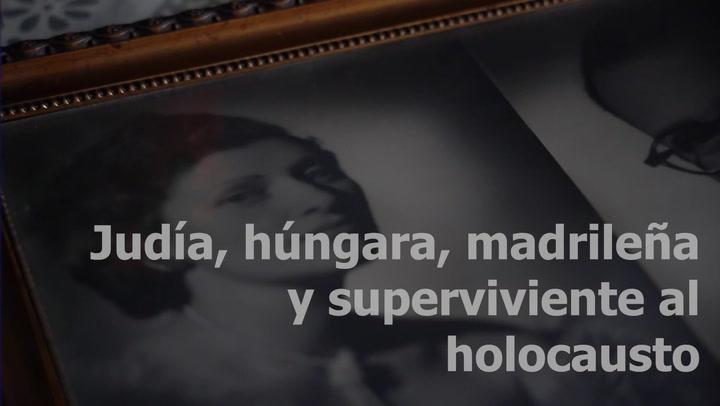
Rószi Róth paved the way for everyone. She managed to go to Madrid and open a Hungarian restaurant in the Seville metro area, around 1943. «I wrote letters to my mother that were miraculous, because they saved our lives. Thanks to them we were able to enter Spain, to a protection house », she describes.
The other essential factor was who she names as "her angel", forgive the redundancy: "The diplomat Ángel Sanz Briz, with enormous courage and risking his career and probably even his life, rented 7 buildings, where he placed the Spanish flag and put to people seeking shelter. He spread the word in Budapest and reached Eva's family, who she filled with hope.
Below are steps of how to maintain a good hand hygiene practice, that will go a long way in preventing infections. https://t.co/CfJ5zpwAle
— IHO Official Sun May 05 10:33:24 +0000 2019
This story is collected in "The secret papers of Pape", a book that she published last year, written by the Panamanian journalist Alexandra Ciniglio. "He is very insightful," says Eva. In the text, he collects some episodes that are difficult to decipher, such as what happened to Katalin in Mauthausen. "She must have been there for a short time, but unfortunately we have no information about it."
The title alludes to Pape, as she called the man her mother remarried, Jozsi Bohrer. He was the one who raised her, because her biological died when she was barely eight months old. And she decided to preserve something symbolic and imperishable of each: she bears the surnames of both.
Pape also suffered from the war. He went through three concentration camps in Hungary, but was able to stay safe because of his profession: «They were not extermination camps, they were work camps and since he was an accountant they put him to exercise his knowledge in the kitchen, where he could eat and was warm from the fire ». He and Katalin had known each other all their lives and met by chance in Paris while on the run. Later, he decided to go to Tangier and they started a family. They stayed there for a few years, and in 1954 he was offered a job as an accountant in Madrid. "We arrived in this city as stateless people in a Spain that was still suffering after the Civil War."
A more imperceptible sense of helplessness settled over them. "When we traveled it was terrible because they pointed at us." To this was added another family aspect that was a rarity at the time: Pape was divorced and had come with a son who only had six months with Eva. They were brothers and grew up together, but they did not share any of the parents.
Who saves a life, saves the world
Eva fought, learned and studied at the Geneva School of Interpreters. She also fell in love: she married a French man 54 years ago, in Paris. "We have three wonderful children and five grandchildren," she is proud. In the room there are photographs of smiling relatives, all framed and displayed. «I worked at the French Tourist Office and at Air France, in the tourism part. And when I retired, I started looking for my roots."
He found an emotional message from his mother, an interview collected by the Shoah Foundation, from director Steven Spielberg. «There are more than 50,000 testimonies for eternity». Among them, Katalin, who avoided her memories in front of her children, exposed her life. "She is in the Washington Holocaust Museum." Some impressive phrases with a mestizo language; a mixture of Hungarian, Spanish, French. «When they gave him nationality he always said; “I'm finally Spanish!” laughs Eva.
After more than seven decades of life, Eva does not dance a single figure. She says it as if she read it and her memoir adds historical content. Phrases that freeze, such as: "A mayor on a visit to Auschwitz-Birkenau said that it was the largest Hungarian cemetery in existence, isn't that impressive?"
A prodigious mind that she has trained with values such as deep gratitude: «There were 7 or 8 Spaniards who saved us. In our bible it is said that whoever saves one life saves the whole world. She returns it with the latent testimony of her. This Friday she attended the Madrid Assembly, but she normally goes to schools to speak to teenagers.
About 4 years ago she responded to that pain with her family. «I was in Budapest, in a Maccabee, which is like an Olympic Games. The Spanish team was led by Juan Carlos Sanz Briz, son of Ángel Sanz Briz, and I, my son Rafael, and my granddaughter Rebeca were there. That's like a payback. They saved us and we have that offspring », she reflects. “We are still alive without hate, remembering. With a pardon, not towards that generation that he murdered, but to the young women, who are not guilty of what their parents have done.

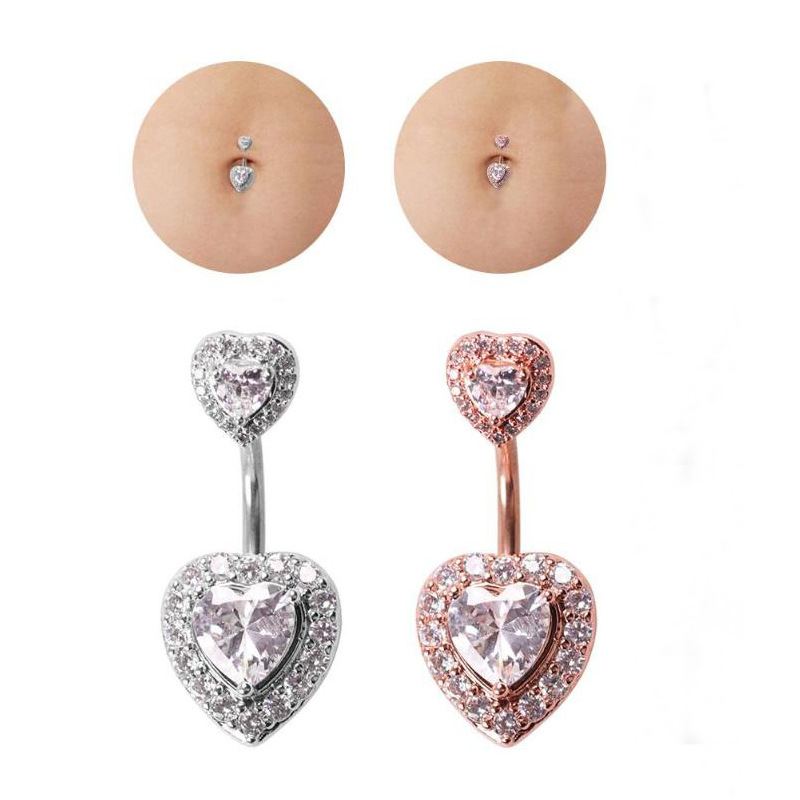


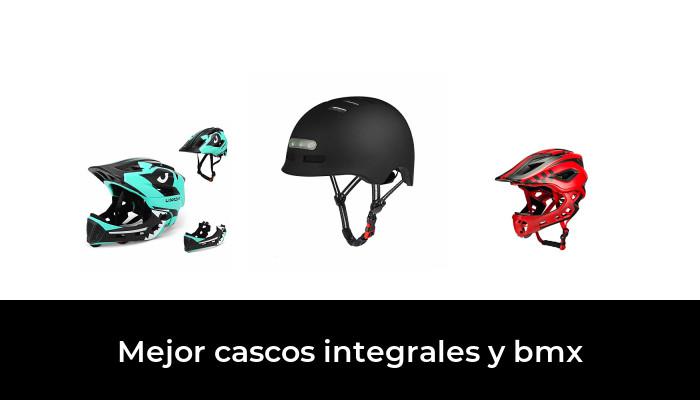

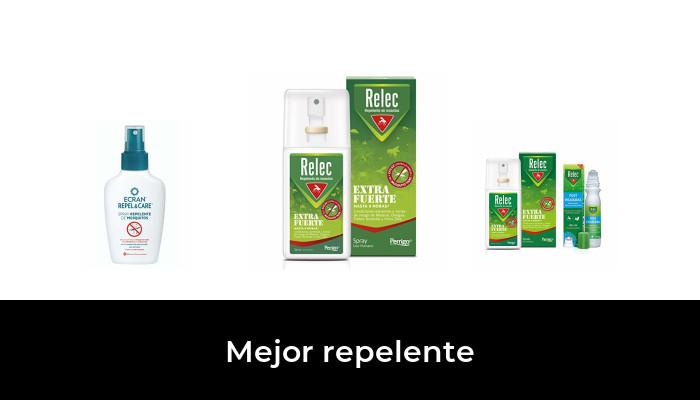
![47 best antiage nutritive cream in 2022 [based on 326 reviews] 47 best antiage nutritive cream in 2022 [based on 326 reviews]](https://website-google-hk.oss-cn-hongkong.aliyuncs.com/drawing/article_results_6/2022/2/27/1918fc37c66ad30564173e69d9df88a0.jpeg)
